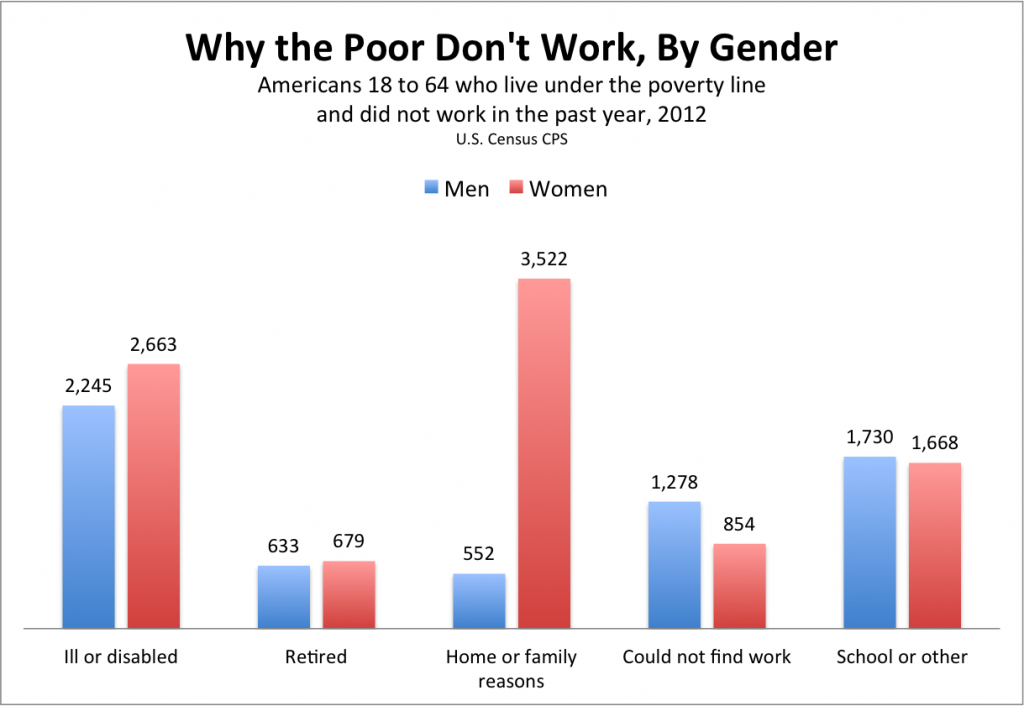In her cover story in the Atlantic, “Why Women Still Can’t Have it All,” Anne-Marie Slaughter proposes workplace changes in an effort to balance the impossible juggle of career, life, and motherhood.
The problem is, there’s still a lot more up in the air.
Slaughter argues women can have it all – assuming that America’s economy, society, and men just get their heads on straight. She proposes we change the culture of face-time in business, integrate family values into the workplace, and regain work/life balance. Such policies, she says, would enable women to find some sanity.
And she’s right, women can have it all, but we can’t do it all. And that’s where Slaughter and other advice from high-powered women executives falls short.
We need to rethink the workplace, but more importantly, we need to rethink motherhood. Women in the workplace is a relatively new phenomenon, and as such, we assess the system’s flaws freely. We safely point out all sorts of places where workplace culture can help us, but no one goes as far to say that we should request help with motherhood. While work woes are considered modern and new, and thus, up for debate and change, motherhood is considered old and sacred, and despite the context of modern times, we still believe motherhood should be practiced in a singular and specific way – alone.
Presumably, we’ve got motherhood down pat if only we could find enough time to do it. But motherhood does not live in a bubble and as work changes, it pushes the definitions of family life. Instead of responding and changing our views of motherhood, we insist on holding onto impossible Madonna-like ideals. Case in point, Slaughter poo-poos rich, career women who rely on round-the-clock nannies, implying that those who use nannies have failed in combining “professional success and satisfaction with a real commitment to family.”
My own mother didn’t have a choice. As a single mom, she worked full-time outside the home to pay the mortgage, put food on the table and provide me an upbringing that wasn’t rooted in poverty. While I do consider my mom a superwoman, she too had her own set of nannies in the form of daycare, after-school activities, and my babysitter Peggy, the neighbor across the street. In contrast, Ryan was raised by two loving parents, dual-incomes, and a bevy of nannies. Incidentally, we both grew up to be pretty amazing people.
The simple fact is that no matter how much you make, what you marry into or the level of your career success, you cannot do it all. Every woman, regardless of class or choices, needs help. The old adage, “it takes a village” often gets paid lip service, but unfortunately we live in an increasingly insular and disconnected society that holds onto the notion that women shouldn’t just have it all, but should do it all as well.
Women are not superhumans, however, and despite trying to do everything ourselves, it’s just not possible. We’re human. Not superhuman, but prone to make mistakes, imperfect, devoid of energy, even love at times. We have feelings and our sole purpose in life is not always to take care of everybody else. Sometimes we need to take care of ourselves.
While we openly discuss the policies that need to happen at a government and career level, we need to openly discuss the changes that need to happen in our family lives as well. We no longer live in a society that allows you to go-it-alone, despite the strongly independent roots of the American Dream, if you want to have any semblance of sanity.
We need to talk about the realities of motherhood, our changing relationships with our partners, and the fact that it’s completely okay to have help – from your nanny or your neighbor, husband or daycare, cleaning person or assistant. Modern life cannot support private nuclear families or picture-perfect lives. Let’s return to our real roots of kinship and community while we advocate for flexible work hours.
You need help, no matter who you are. And the sooner we let go of the ridiculous Madonna-like ideals and notions of motherhood, the better off all women will be, those who want to have it all and those who just want to put dinner on the table.
A Note on Men
Men don’t often get a lot of respect in these conversations, and that sucks. Slaughter begins her piece in the Atlantic with a successful career and an unhappy adolescent son, along with a husband who has a career and the flexibility to be at home with their son as needed. She closes the article with a less successful career (by her standards) and a happy adolescent son, along with a husband that presumably has more free time now that she’s home more.
The insidious conclusion, albeit unconscious I’m sure, is that a woman needs to be home for the full-growth and success of her child. A man with a less demanding career is not enough.
If women are going to successfully change the notions of motherhood, we need to accept that men can help us and that they will be really good at it. Fair’s fair.

